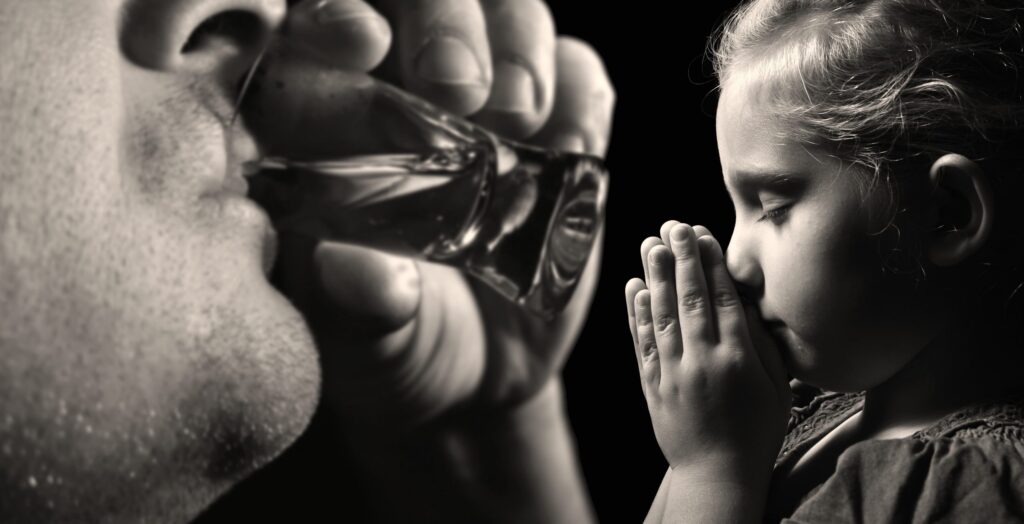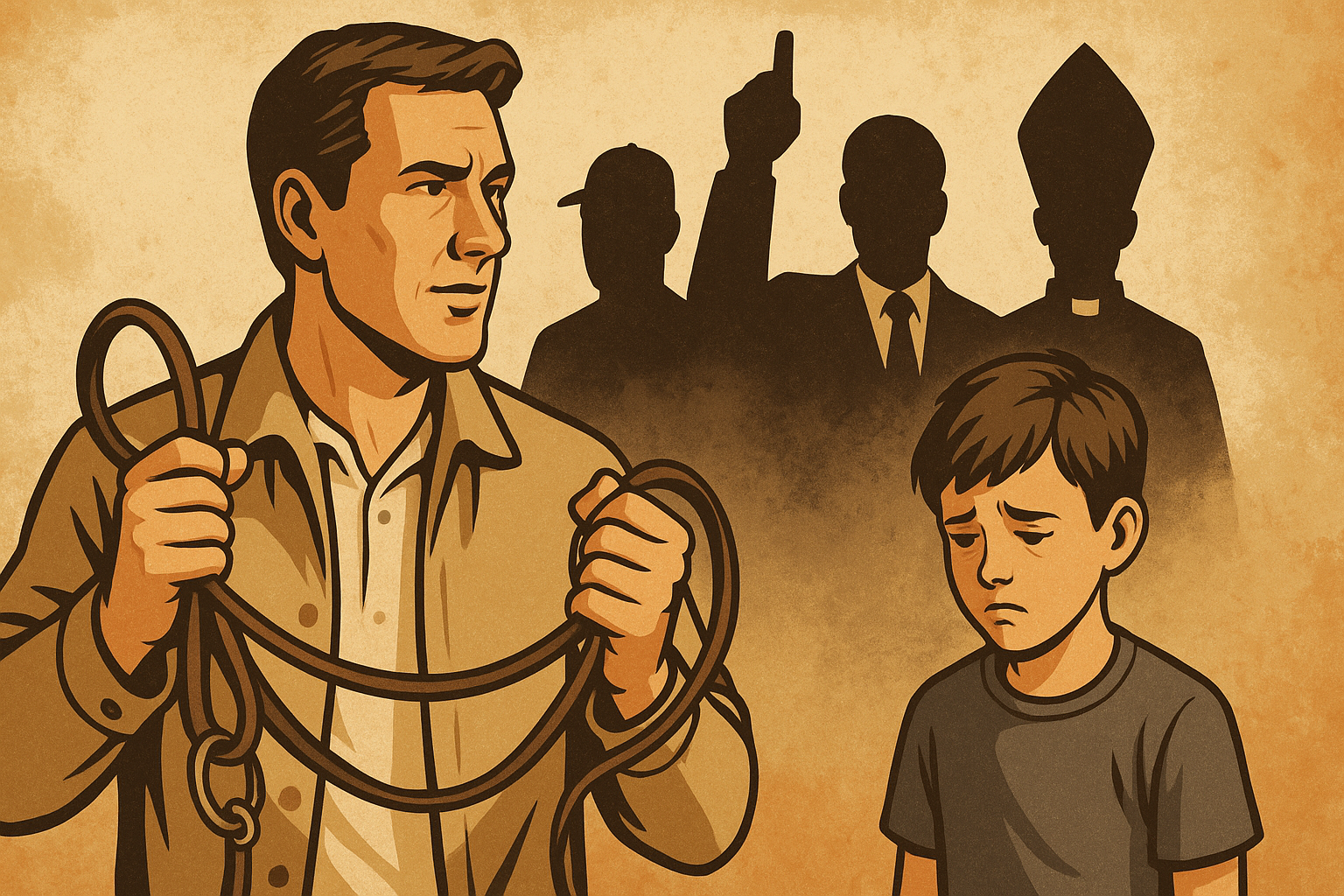If someone is to recover from an addiction, the first step is admitting that there is a problem. A mental health professional, such as a therapist, should be consulted. They can offer a tailored treatment plan for an addict. They will address the underlying issues that led to the addictive behavior in the first place. There are treatment centers for almost every kind of addiction: alcohol, drugs, shopping, sex, work, gambling, Internet, and many others. You cannot really cure addiction and alcoholism. Addicts just learn to live with the understanding that they have an addiction. And that they learn various coping mechanisms to free themselves from its negative effects on their lives.
One of the first steps of recovering from addiction is to detox from the substance. Some people have had success by stopping “cold turkey” on their own. However, most addicts who need larger support from friends or an established medical facility found the method ineffective. Support groups such as Alcoholics Anonymous or Narcotics Anonymous, seem to be the most effective long-term solution for recovery. Many of the successful treatments involve some form of therapy. In behavior therapy, addicts learn why they abuse substances and then learn more productive behaviors to cope with the feeling or events in life that trigger their addiction.
Treatment Options
There are many medicines in the market that claimed to cure addiction. One such product, Vivitrol, is a version of naltrexone, an opioid blocker, that takes away the “high” an addict feels by blocking the brain’s release of endorphins. Some alcoholics, including a group of Hollywood actors, claim that this method of curing alcoholism is extremely effective and are campaigning for its wider use in the United States. Few European countries have used it currently. Other similar medications are disulfiram and acamprosate.
 Addiction or alcoholism has no real cure because a relapse into the addictive behavior can happen at any time. Even among the success stories of people who go through recovery programs for addiction, you often find stories about how the addiction just shifted to something less harmful, like an addiction to exercise or an obsession over “eating clean”. The 12-step programs can help someone stop their addiction to drugs or alcohol, but it can’t cure an addictive personality. It’s clear from the way these programs work that addiction doesn’t ever go away forever. Recovering alcoholics, for instance, can never have another drink of alcohol again. The same goes for those recovering from drug use. They have to be careful even to avoid overuse of prescription medications, which could impact their healthcare.
Addiction or alcoholism has no real cure because a relapse into the addictive behavior can happen at any time. Even among the success stories of people who go through recovery programs for addiction, you often find stories about how the addiction just shifted to something less harmful, like an addiction to exercise or an obsession over “eating clean”. The 12-step programs can help someone stop their addiction to drugs or alcohol, but it can’t cure an addictive personality. It’s clear from the way these programs work that addiction doesn’t ever go away forever. Recovering alcoholics, for instance, can never have another drink of alcohol again. The same goes for those recovering from drug use. They have to be careful even to avoid overuse of prescription medications, which could impact their healthcare.
Even though there is no cure for drug addiction or alcoholism, it is worth seeking help if you think you might have a problem. It is helpful inorder to prevent the negative consequences you might be facing due to your dangerous behavior. Famous faces in recovery serve as reminders of how one can turn one’s life around through any of the various treatment options available. Even without a cure, it doesn’t mean addicts are ever without hope.
Bio
After nearly two decades of drinking and destroying just about every relationship in my life, I decided to get help. I didn’t know what to expect (and in some ways, I still don’t), but getting sober has been the most rewarding, fulfilling decision I’ve ever made. In the years since I entered treatment, secured an AA sponsor, and forged friendships in sobriety that rival all the others in my life, I feel like a completely different person. It’s as if I woke up in another person’s life. I’m a married father of three young children who lives in Columbus, Ohio, along with a bossy cat named Dr. No.
Most of my recovery has been spent writing about my experiences, and I’ve been fortunate to have my work picked up by The Fix, AfterParty Magazine, The Literary Review, and The Live Oak Review, among others. I want to help others find meaningful, lasting sobriety in any way that I can, which is part of the reason I’m so committed to Genius Recovery. More than that, though, I sincerely believe in the vision, aims and purpose of Genius Recovery. I’m as passionate about recovery as I am about discovering levels to my life that I didn’t know existed. After all, addiction recovery is about hope as much as it is about possibility. Through my writing, I hope to guide others to discover what’s possible for them, too.
– Paul



